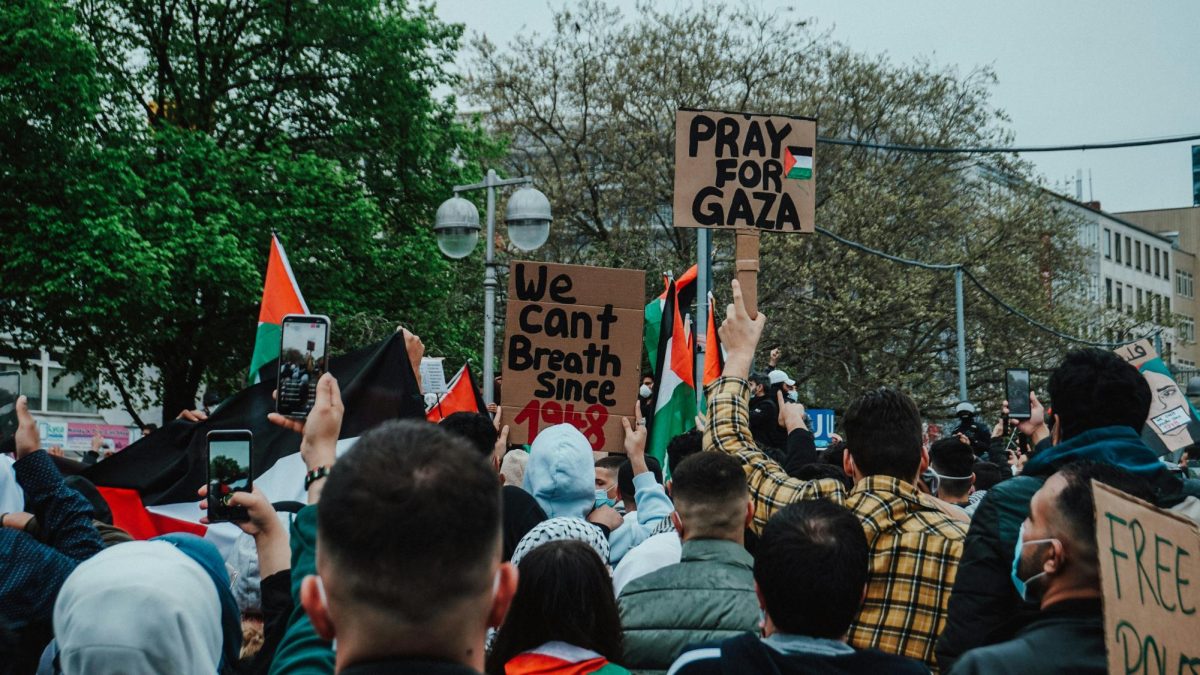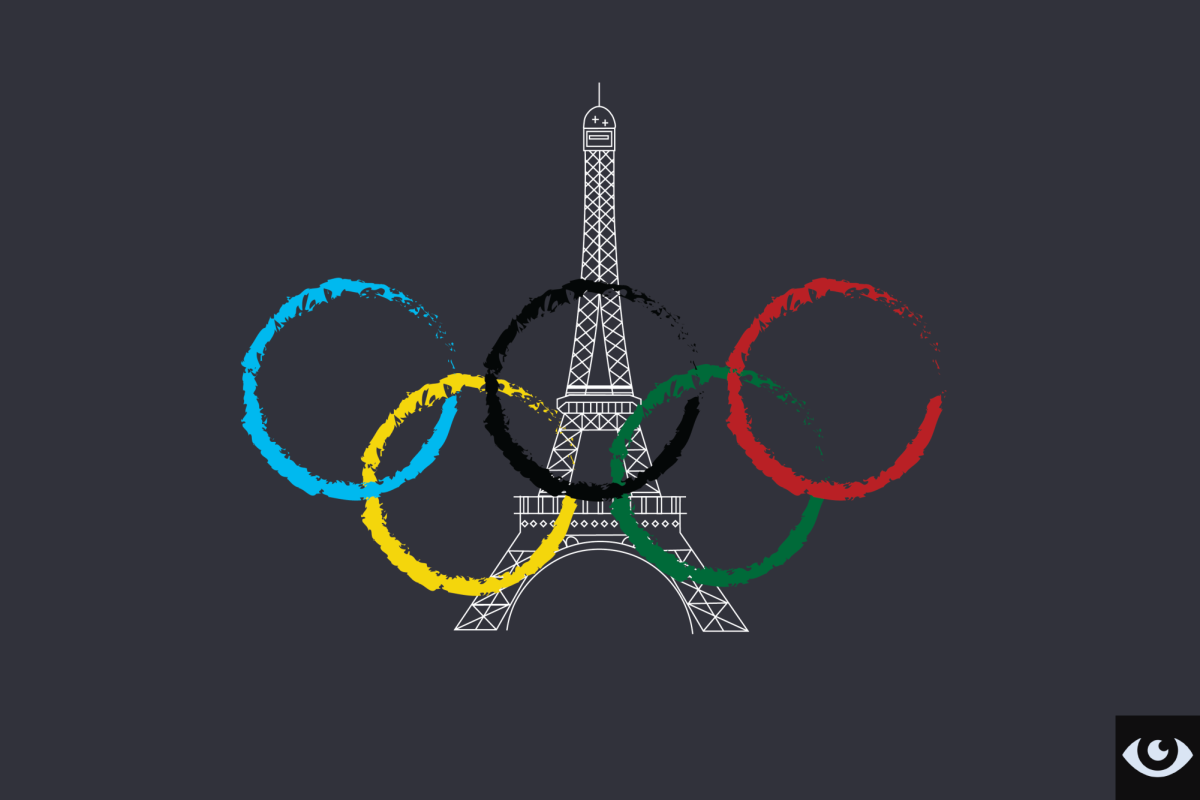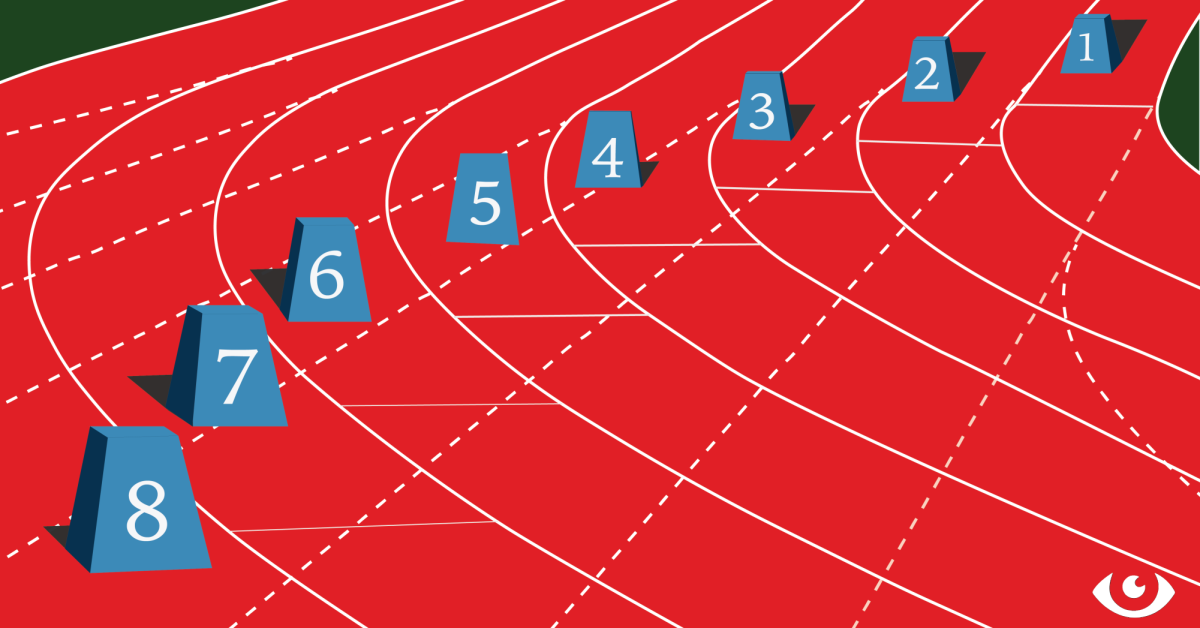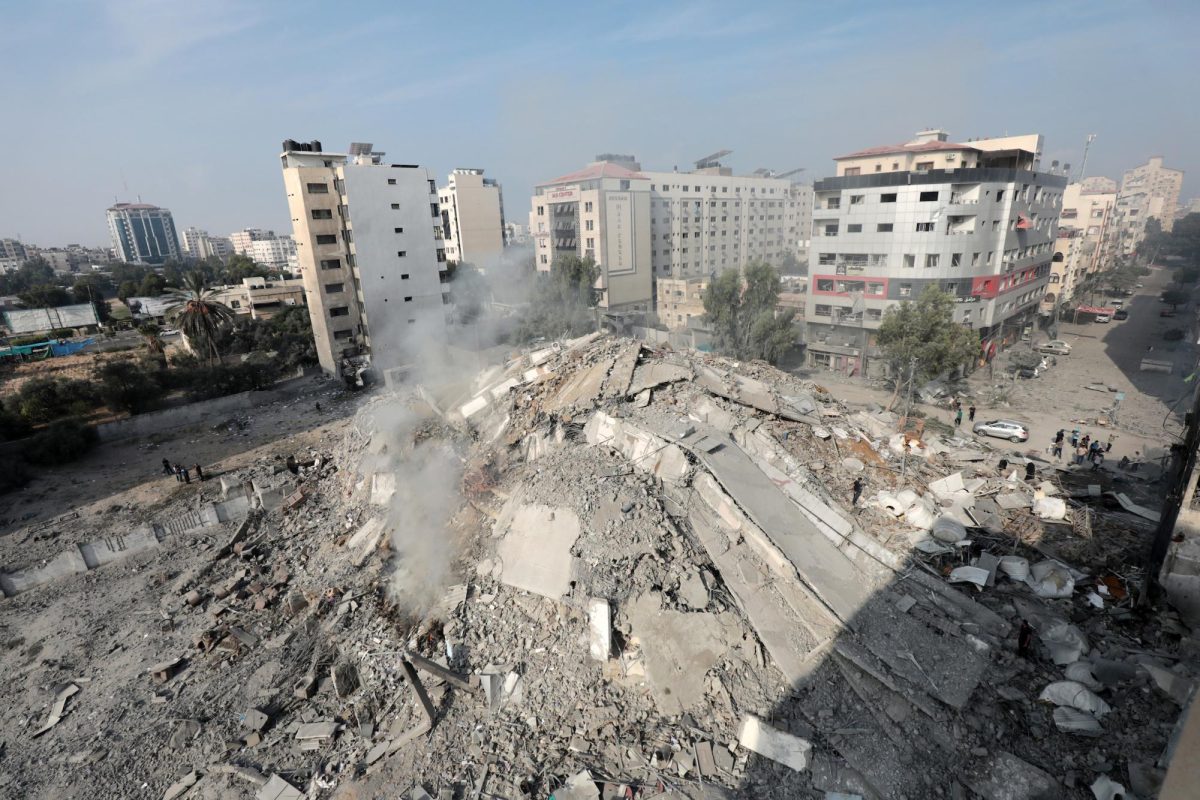The Israel and Palestine conflict began 75 years ago, and the world has been divided over the root of the issue ever since.
On May 14, 1948, on what would later be declared as Israeli Independence Day, United States President Harry S. Truman first recognized Israel as a nation. As a newly sovereign nation with international allies, Israel joined the UN. At the same time, Palestine was left in the hands of Britain after Jerusalem was taken from the Ottoman Empire.
In 1917, the British occupied Jerusalem by entering the city through the Jaffa Gate, one of the seven historic entrances into Jerusalem. This resulted in a British Mandate over the area, a mandate giving Britain the authority to decide how to divide the land. Having promised both the Jewish and Arab people their own land and sovereignty, British forces left the territory, and its future, up to the United Nations.
Britain’s exit was accompanied by the Balfour Declaration, a declaration made on Nov. 2, 1917 in which Britain expressed support for the establishment of a Jewish state in Palestine.
This power shift led to the ethnic cleansing of Palestinians by the newly-established Israel in 1948 called al-Nakba, translating in Arabic to “the catastrophe”. During the previous year, the UN General Assembly passed a resolution splitting the nation of Palestine into two states, one for the Jewish people, becoming Israel, and one for the Arab people, Palestine, leaving Jerusalem under the UN’s administration.
The Arab Higher committee, as well as the Arab League, both made up of countries with predominantly Arab populations, rejected the plan, stating that it violated the UN Charter. Concurrently, Jewish militia had sprung attacks against Palestinian villages, escalating to a full-on war in 1948. Alongside the end of the British Mandate, covering areas in present day Palestine, the West Bank, Jordan and the Gaza Strip, and the British forces departure, Israel had declared its full sovereignty. The Israeli forces had launched attacks yet again, resulting in the displacement of more than half of the Palestinian population at the time.
In the 75 years since the Israeli state was established, the government introduced the concept of birthright, allowing international Jewish people aged 18-26 to visit the country. Israel has furthermore promised safety and protection to any Jews that arrive. To this day there are around 5.9 million Palestinian refugees, including the descendants of the originally displaced populace. Israeli authorities have pushed to block any Palestinian refugees as well as the descendants from returning to Israel as well as the occupied Palestinian territory.
Since before Israel’s formation, there have been opposing views on a multitude of topics related to this conflict, such as whether Israel has the right to defend itself. The U.S. Department of Defense supports the clause that Israel had the right to do so under the premise that “…leaders are engaged in frequent communication with our partners in the region to discuss the situation as we work to prevent this from broadening into a larger regional conflict,” said Air Force Brig. Gen. Pat Ryder in a briefing on the issue on Nov. 2, 2023.
The debate continues on international law violations, with The Jerusalem Post stating that if Israel ceases to counter Hamas, that Hamas will only cause further harm to civilians, both Palestinian and Israeli, as well as military personnel. They further explain that Israel attacks only when they have been provoked.
The Times of Israel states that with the support of the European Union (EU), they believe that Israel has in fact earned the right to defend itself against Hamas. However both their and the EU’s end goal is peace between Israel and Palestine, and to cease the ongoing violence in the area.
In addition, the Lieber Institute says that though Israel’s actions have been rash, they do not believe that Hamas should not be allowed to freely operate, and removing them should be a top priority to reduce further harm to civilians. All of these media sources conclude that the issue is within the terrorist group Hamas, rather than the Palestinian people, and that the act of ridding the area of them will cause the halt of violence on Israel’s side.
In contrast to that, a large amount of public opinion believes that Israel’s way of fighting back is unjust and is only harming civilians rather than being used as a means of defense. Al Jazeera quotes Francesca Albanese, a UN special rapporteur on human rights in the occupied Palestinian territory, that, “Israel does not claim it has been threatened by another state. It has been threatened by an armed group within an occupied territory. It cannot claim the right of self-defense against a threat that emanates from a territory it occupies, from a territory kept under belligerent occupation”.
Among online supporters of Palestine, Gen Z makes up a large part of this demographic. For example, 10.1 million people have used the “FILTER FOR GOOD” TikTok filter to raise funds for Palestine, as well as others in this series. The money earned by the creator of the filter is sent to support the people in Gaza.
OpinioJuris, an opinion news site created by legal scholars to inform and evaluate international laws, explains that Israel is not governing under international law and that Israel has a history of defending itself prematurely before a state had initiated conflict. AA, a Turkish based news station, interviewed Raed Abu Badawiya, a professor of law and international relations at the Arab American University in the West Bank. He explains that Israel’s actions in the conflict are considered war crimes.
“What Israel is targeting in Gaza is not military targets, but civilian housing, civil service institutions, and hospitals, all of which are considered a ‘war crime,” Abu Badawiya said.
The Daily Sabah argued in a November 2023 Opinion Editorial that birthright is cruel, and Israel is unjustified in their military actions that have harmed Palestinian civilians. They also argue that when Palestinian people try to use self defense against the enforcement of the birthright, they only gain repercussions.
Regardless of the multitude of stances present on whether Israel has the right to defend itself, and whether their recent actions are justified, the violence present in the Gaza Strip can not be ignored.







